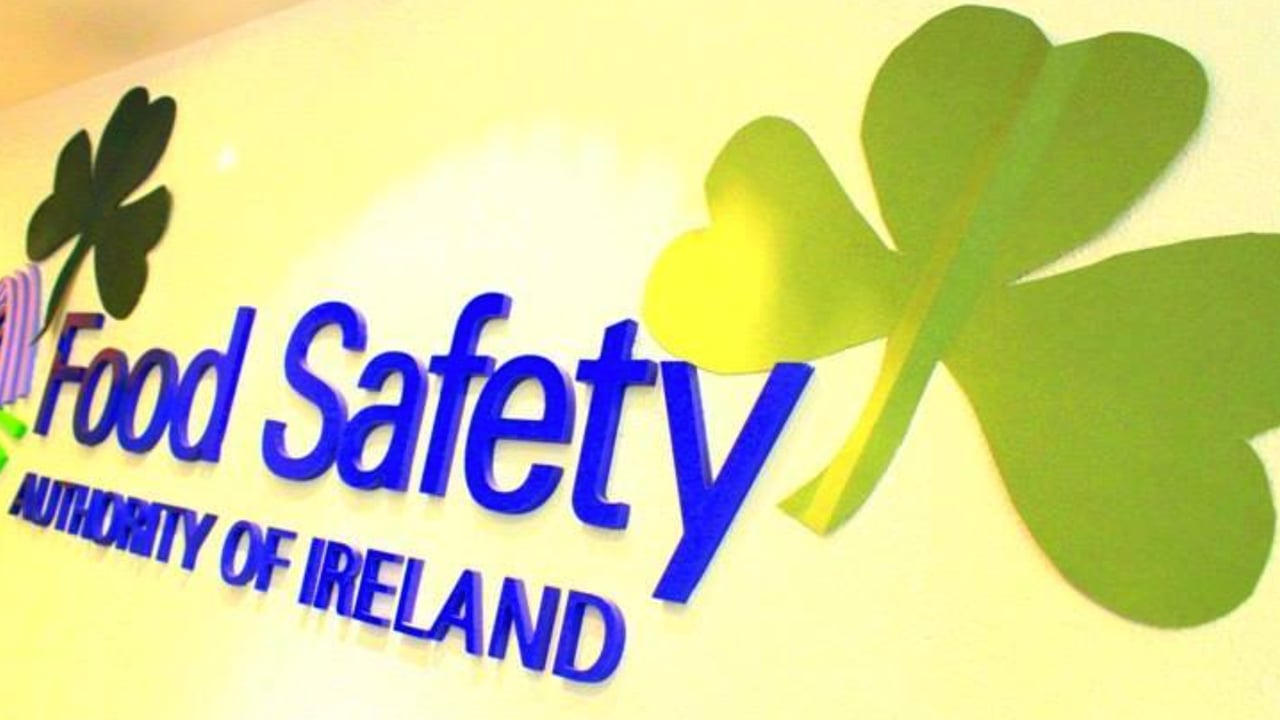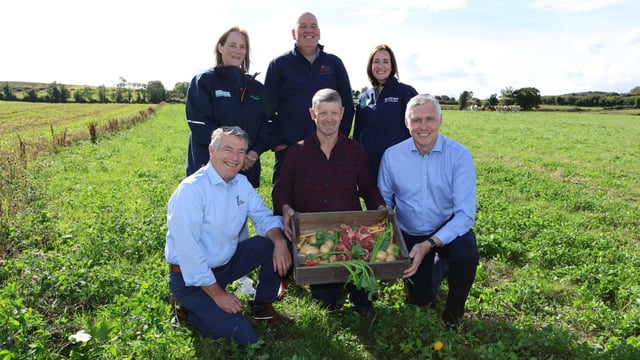FSAI issues food alerts for some batches of dairy and egg brands
The Food Safety Authority and Ireland (FSAI) has issued four food alerts for specific brands of dairy and egg products for the possible presence of listeria monocytogenes and salmonella.
Most recently, the authority notified a recall of a batch of Chrissy’s Cookies & Cream Cheesecake due to the possible presence of listeria monocytogenes.
The effected batch is Batch 337 with a use by date of December 19, 2024.
Retailers have been requested to remove the implicated batch from sale and display recall notices at point-of-sale. Caterers should not use the implicated batch.
Consumers are advised not to eat, drink or use the implicated batch, the FSAI said.
Symptoms of Listeria monocytogenes infection can include mild flu-like symptoms, or gastrointestinal symptoms such as nausea, vomiting and diarrhoea. In rare cases, the infection can be more severe, causing serious complications.
Some people are more vulnerable to listeria monocytogenes infections, including pregnant women, babies, and people with weakened immune systems, including the elderly.
The incubation period (time between initial infection and first symptoms appearing) is, on average, three weeks but can range between three and 70 days.
Meanwhile, O'Halloran Family Farm is recalling certain batches of its Free Range Eggs due to the possible presence of salmonella. Point-of-sale recall notices will be displayed in stores supplied with the implicated batches.
This only applies to packs with the egg producer number 1 IE N01 with the following best before dates:
- December 3, 2024;
- December 10, 2024;
- December 17, 2024;
- December 24, 2024;
- December 31, 2024.
Retailers, including market stalls and online retailers, are requested to remove the implicated batches from sale and display recall notices at point-of-sale. Caterers, restaurants and cafes are requested to cease using the implicated batches immediately.
The FSAI is requesting wholesalers to withdraw and recall the implicated batches from their customers and instruct them to display recall notices at point-of-sale. Wholesalers must notify their inspector of any onward distribution of the implicated batches.
Consumers are advised not to eat the implicated batches.
People infected with salmonella typically develop symptoms between 12 and 36 hours after infection, but this can range between six and 72 hours. The most common symptom is diarrhoea, which can sometimes be bloody.
Other symptoms may include fever, headache and abdominal cramps. The illness usually lasts four to seven days. Diarrhoea can occasionally be severe enough to require hospital admission. The elderly, infants, and those with impaired immune systems are more likely to have a severe illness, the FSAI said.
Elsewhere, Dunnes Stores is recalling certain batches of its Beechwood Smoked and Tomato & Herb Wicklow Cheddar due to the possible presence of listeria monocytogenes.
The implicated batches are Beechwood Smoked Wicklow Cheddar Batch 24182 (use by date: February 28, 2025); and Tomato & Herb Wicklow Cheddar Batch 24302 (use by date: February 9, 2025).
The recall applies to all pack sizes of these products.
Retailers are requested to remove the implicated cheeses from sale and display recall notices at point-of-sale. Wholesalers and distributors are requested to contact their affected customers and recall the implicated cheeses, and provide a point-of-sale recall notice to their retailer customers.
Caterers should not use, nor should consumers eat, the affected cheeses.
Finally, Wicklow Farmhouse Cheese is recalling one batch of its Wicklow Gold Beechwood Smoked Mild Cheddar due to the possible presence of listeria monocytogenes.
The recall applies to all pack sizes of products with the use by date of February 28, 2025.
Similar advice applies: retailers are requested to remove the implicated cheeses from sale and display recall notices at point-of-sale. Wholesalers and distributors are requested to contact their affected customers and recall the implicated cheeses, and provide a point-of-sale recall notice to their retail customers.
Caterers and consumer should not use or eat the affected cheese.





